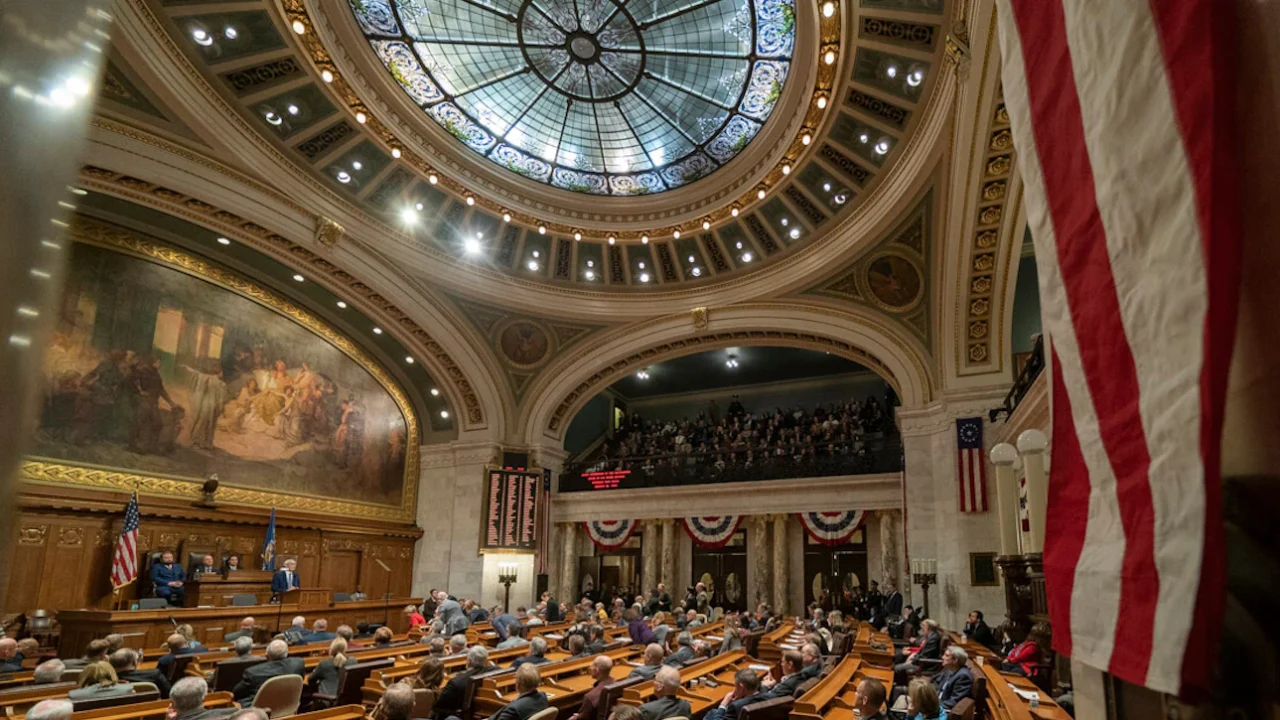
Legislators in Wisconsin, where Republicans hold a supermajority in the state senate and a near-supermajority in the state assembly, held a hearing this week on AJR-66, a proposed constitutional amendment that would require all income, sales, and franchise tax increases to be approved by a supermajority vote of state legislators.
Supermajority requirements to raise taxes are already on the books in 16 states: Arizona, Arkansas, California, Colorado, Delaware, Florida, Kentucky, Louisiana, Michigan, Mississippi, Missouri, Nevada, Oklahoma, Oregon, South Dakota, and Washington.
To become law, the constitutional amendment proposed in Wisconsin would need to pass in two consecutive legislative sessions and then be approved by voters. The last state to enact a supermajority requirement to raise taxes was Florida, where nearly two-thirds of voters approved a 2018 ballot measure requiring a two-thirds vote of the legislature to raise any tax in the future.
Americans for Tax Reform supports AJR-66. The proposed supermajority requirement, if enacted, would ensure future tax hikes cannot be enacted in Wisconsin without broad, bipartisan support. AJR-66 was voted out of the Assembly Ways & Means Committee on September 6, along with Assembly Bill 386, legislation that would cut the state’s second highest income tax rate. AB 386 would yield average annual income tax savings of 16%. In addition to the rate reduction, AB 386 would also exempt significant portions of retirees’ income from state income tax. Senator Rachael Cabral-Guevera (R-Appleton), co-sponsor of AB 386, says that its enactment will make Wisconsin’s tax code more competitive and help “attract families, workers, [and] retirees to Wisconsin.” Both proposals go to the Assembly floor next Tuesday and are expected to pass. Following Assembly passage, the Wisconsin Senate will take up the measures, likely voting on them in early 2024.

